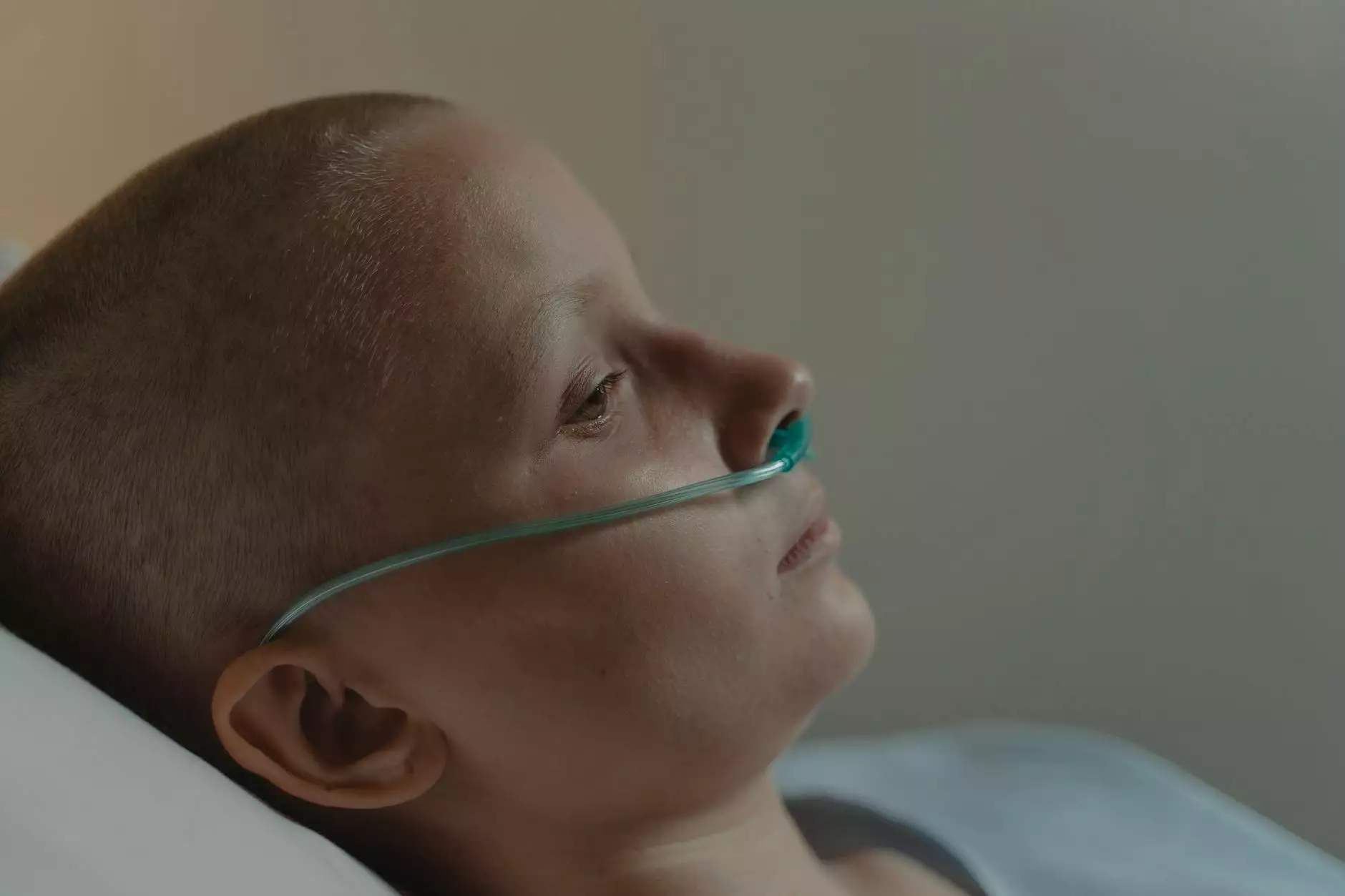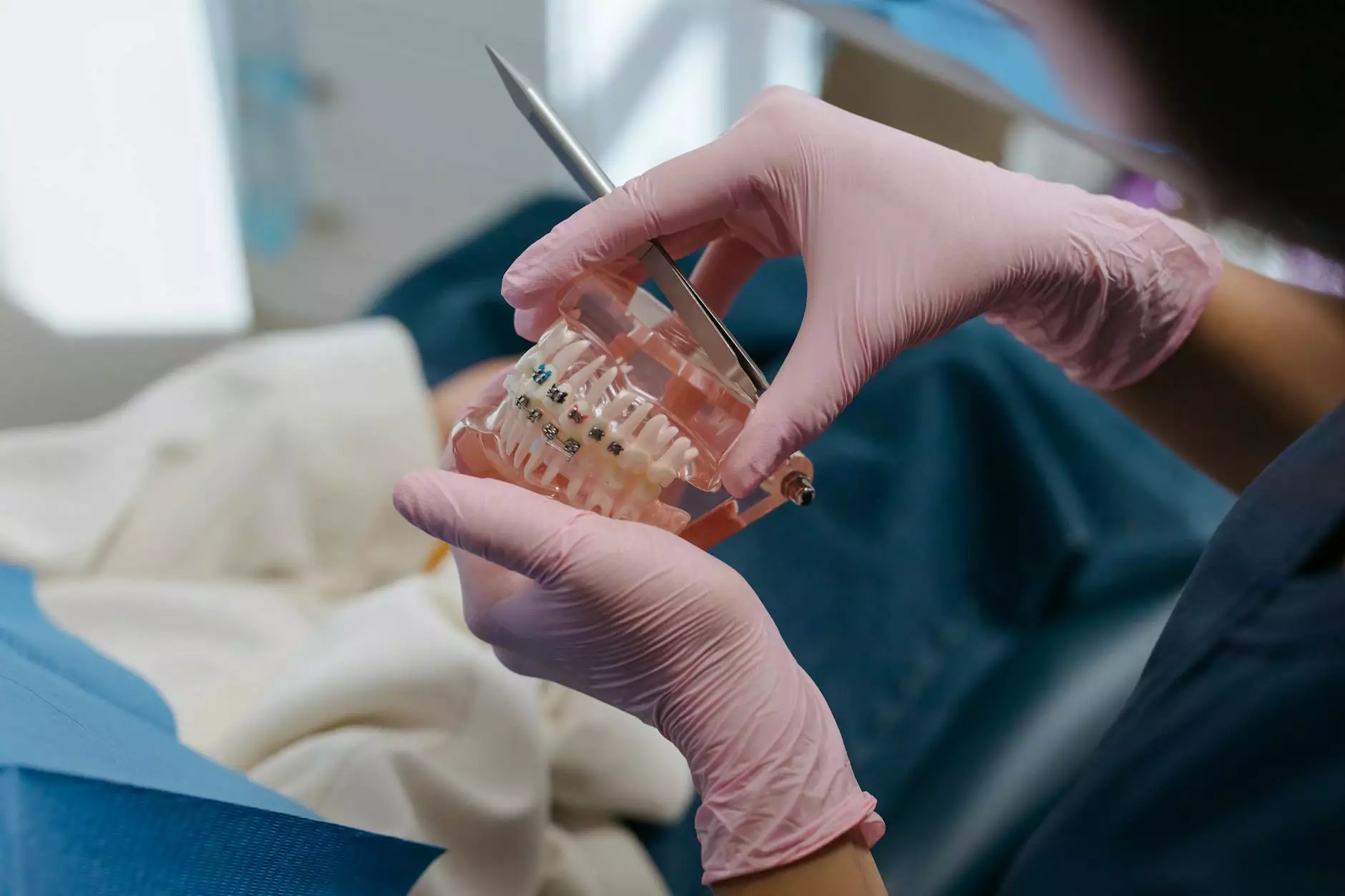Cancer Doctors: Elevating Patient Care With Expertise

Cancer doctors, also known as oncologists, are vital players in the healthcare system. Their primary role involves diagnosing, treating, and managing patients with cancer. As the incidence of cancer continues to rise globally, understanding the contribution of these medical professionals has never been more important.
Understanding the Role of Cancer Doctors
The role of cancer doctors extends far beyond the mere administration of treatment. Their responsibilities encompass a wide range of functions, including:
- Diagnosis: Cancer doctors utilize advanced imaging techniques, biopsies, and genetic testing to accurately diagnose cancer types.
- Treatment Planning: They develop personalized treatment plans, which may include chemotherapy, radiation therapy, or surgical interventions.
- Patient Education: Educating patients about their condition, treatment options, and potential side effects is essential.
- Supportive Care: Cancer doctors provide emotional support and help manage the side effects of treatments.
- Research and Innovation: Many cancer doctors are involved in ongoing research, contributing to clinical trials and the development of new therapies.
The Importance of Early Detection
One of the most crucial aspects of cancer treatment is the early detection of the disease. Cancer doctors play a key role in the screening process, which can significantly improve patient outcomes. Early detection can lead to:
- More Treatment Options: When cancer is caught early, patients often have more options available for treatment, which can increase the chances of survival.
- Less Aggressive Treatment: Early-stage cancers typically require less aggressive treatments, leading to fewer side effects.
- Higher Survival Rates: Statistics show that early detection correlates with higher survival rates across various cancer types.
Types of Cancer Doctors
There are several specialties within oncology, each focusing on different aspects of cancer treatment. Some of the primary types of cancer doctors include:
Medical Oncologists
Medical oncologists are primarily responsible for diagnosing cancer and administering systemic therapies such as chemotherapy and immunotherapy. They often serve as the main point of contact for patients throughout the course of cancer treatment.
Surgical Oncologists
Surgical oncologists specialize in the surgical removal of tumors and surrounding tissues. Their expertise is critical in cases where surgery is the best treatment option and is often a key factor in the overall treatment plan.
Radiation Oncologists
Radiation oncologists utilize radiation therapy as a primary treatment modality. They work closely with other oncologists to design and implement radiation treatments that target cancer cells while sparing healthy tissue.
The Patient Experience with Cancer Doctors
The journey of a cancer patient is marked by many challenges, and the involvement of cancer doctors is crucial to navigating this path. From the initial diagnosis through treatment and follow-up care, the relationship between the patient and the cancer doctor is fundamental. Important aspects of this experience include:
Building Trust and Communication
Trust and effective communication are paramount in the patient-doctor relationship. Cancer doctors must cultivate an environment where patients feel safe to express their concerns and ask questions about their diagnosis and treatment options.
Multidisciplinary Approach
Cancer treatment often requires a team of specialists working together. Oncologists collaborate with nurses, radiologists, pathologists, and other healthcare professionals to ensure a comprehensive approach to patient care.
Managing Side Effects
Side effects from cancer treatments can significantly impact a patient's quality of life. Cancer doctors are responsible for monitoring these side effects and adjusting treatment plans as necessary to alleviate discomfort.
Recent Advancements in Cancer Treatment
The field of oncology is rapidly evolving, with continuous advancements that improve patient outcomes. Some of the notable innovations include:
- Targeted Therapy: Targeted therapies are designed to attack specific cancer cells while minimizing damage to normal cells, leading to more effective and less toxic treatment.
- Immunotherapy: This revolutionary approach harnesses the body's immune system to fight cancer, proving effective in various types of cancers.
- Personalized Medicine: Advances in genomics allow for tailored treatment plans based on an individual’s genetic makeup, resulting in more effective treatments.
Patient Support Services
Alongside medical treatment, cancer doctors often coordinate with patient support services to address the holistic needs of their patients. This includes:
- Psychological Support: Psychological counselors help patients cope with the emotional impact of cancer.
- Nutritional Counseling: Dietitians provide guidance on nutrition, which can be crucial during treatment.
- Palliative Care: Palliative care teams focus on providing relief from symptoms and stress, ensuring the highest quality of life possible.
The Importance of Continuing Education for Cancer Doctors
As the field of oncology is constantly advancing, it is essential for cancer doctors to engage in lifelong learning. Continuing education can take many forms, including:
- Conferences and Workshops: Attending medical conferences allows oncologists to learn about the latest research and treatment techniques.
- Online Courses: Many organizations offer online courses for cancer specialization and updates in treatment protocols.
- Peer Collaboration: Regular discussions with peers help oncologists share knowledge and best practices in patient care.
Conclusion: The Impact of Cancer Doctors on Patient Lives
In summary, cancer doctors are indispensable to the healthcare system and have a profound impact on the lives of their patients. Their expertise, compassion, and commitment to ongoing education and innovation not only improve cancer treatment outcomes but also enhance the overall patient experience. The journey through cancer care is undoubtedly challenging, but with skilled cancer doctors leading the way, patients can find hope and resilience through even the toughest battles.
Call to Action
If you are seeking guidance, support, or treatment options, consider reaching out to a qualified cancer doctor today. Early intervention and expert care can make a difference—don’t hesitate to take the first step towards better health.









